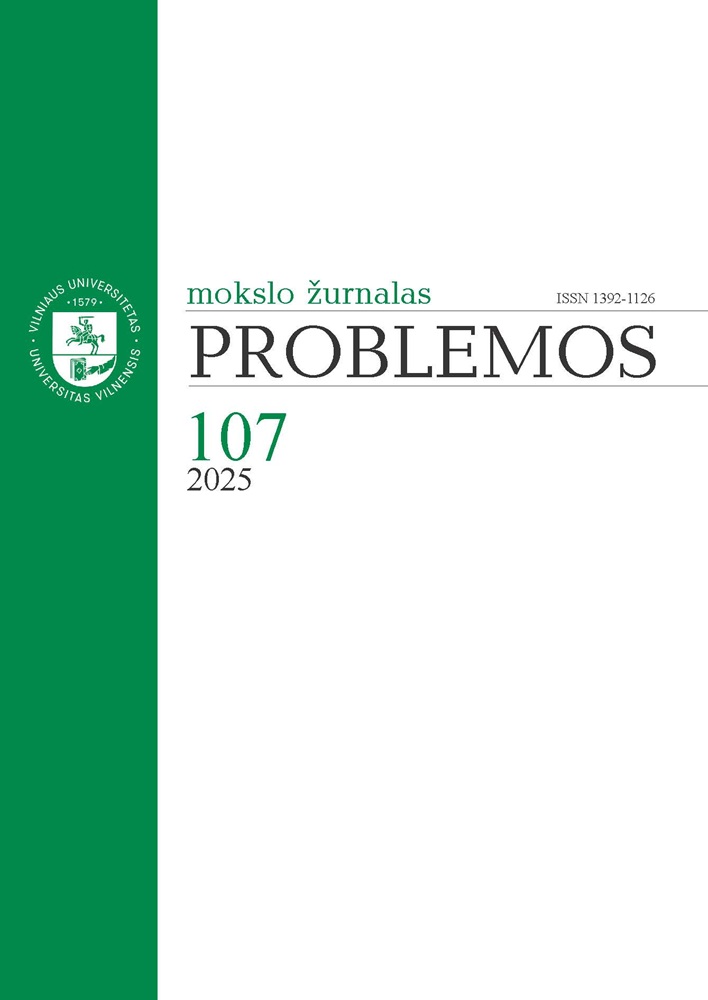Santrauka
Straipsnyje tiriamos paralelės tarp melagio teiginio ir įvairių filosofinio mąstymo aspektų. Pradedama tiriant melagio teiginį „Šis teiginys yra klaidingas“ ir išryškinant jo autoreferentinį pobūdį bei kintančias tiesos vertes. Tuomet straipsnyje atskleidžiamos paralelės tarp melagio teiginio ir Hegelio spekuliatyvaus teiginio bei siūloma melagio teiginį interpretuoti kaip „kvazispekuliatyvų teiginį“, kuris atspindi dialektinį mąstymą. Tolesniuose teksto skyriuose tiriami logocentrizmo problema, Zenono paradoksas, ginčas tarp realizmo ir antirealizmo ir determinizmas, parodant, kaip šie įkūnija panašias save neigiančias struktūras. Straipsnyje išryškinama pamatinė filosofinio mąstymo struktūra.

